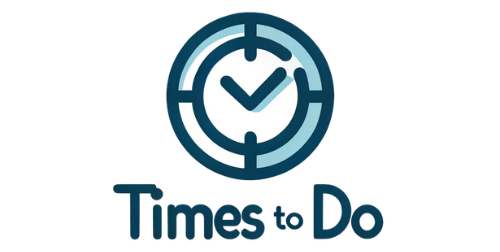The best time of day to apply for a credit card: 2024’s Updated Guide
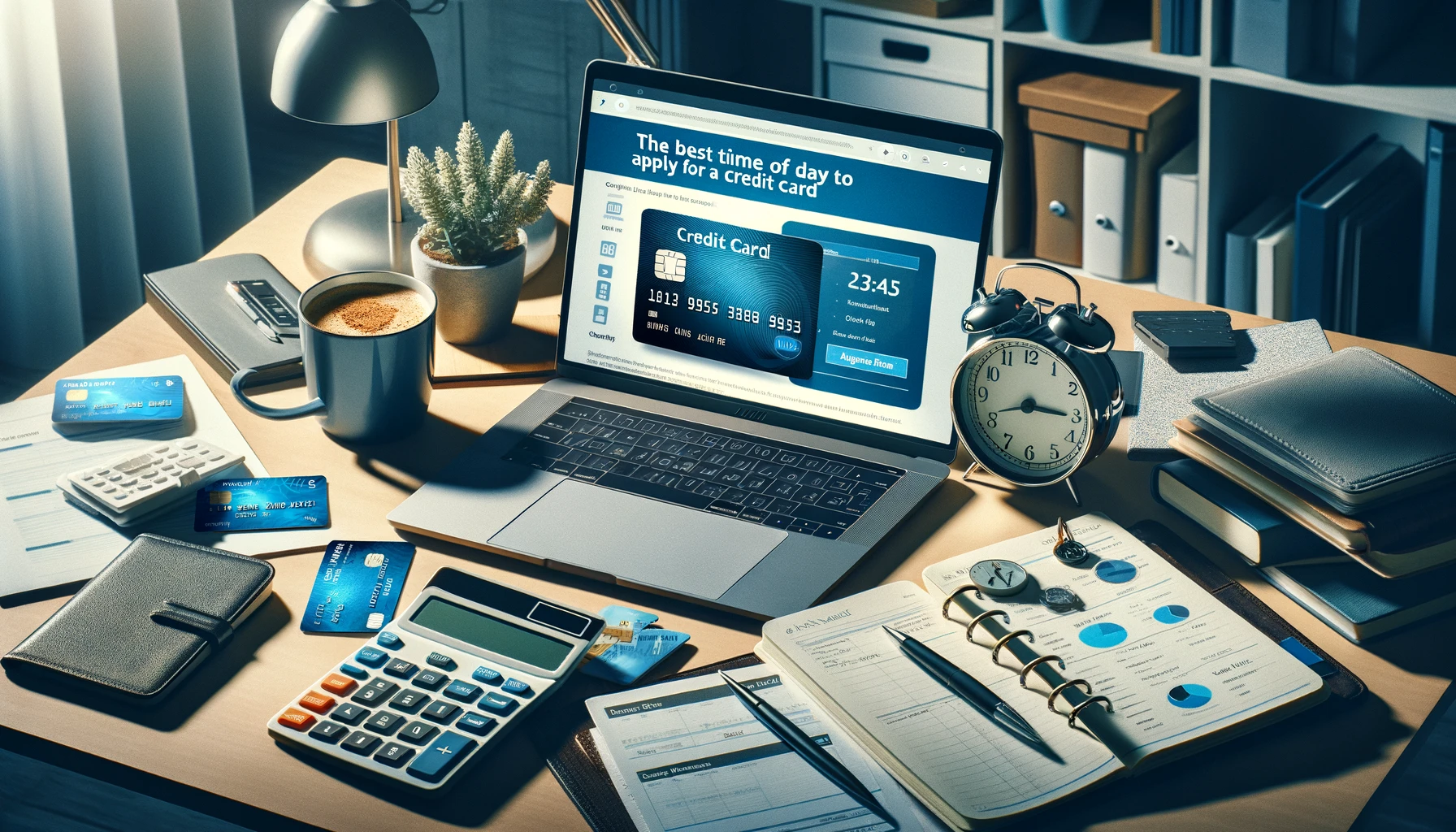
In the world of credit card applications, timing can make all the difference. The best time of day to apply for a credit card might seem trivial, but it can significantly impact your approval odds and the potential benefits you receive. In this comprehensive guide, we will delve into the intricacies of timing in credit card applications, helping you confidently navigate the process.
Applying for a credit card isn’t just about filling out forms and submitting documents. It involves a complex process that can vary based on when you decide to hit that “Apply Now” button. Understanding the role of timing is crucial to maximizing your chances of approval and securing the best credit card offers.
Understanding Credit Card Application Processing
Before we dive into timing specifics, it’s essential to grasp how credit card applications are processed. This knowledge will lay the foundation for understanding why timing matters.
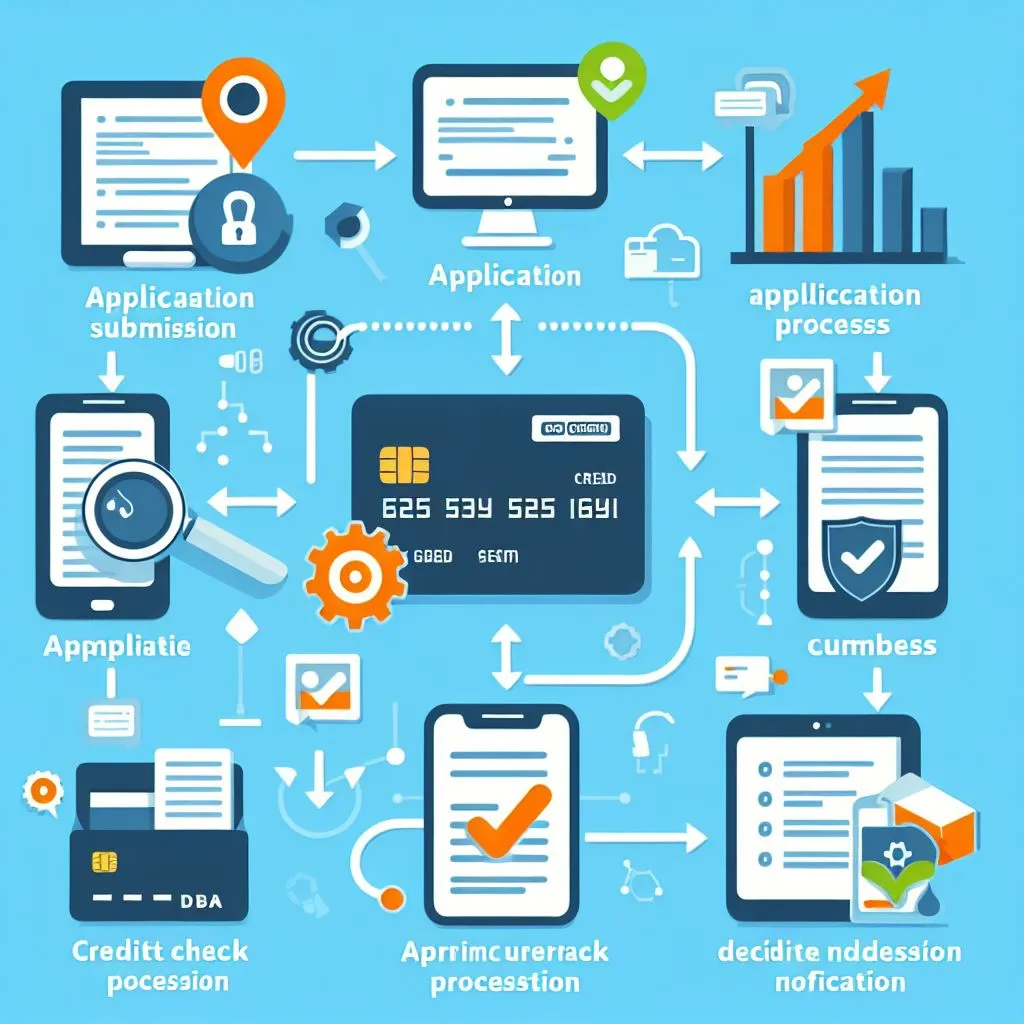
Automated Systems vs. Human Reviewers
Credit card companies typically employ a combination of automated systems and human reviewers to evaluate applications. Automated systems quickly analyze your credit score, income, and other factors to provide an initial response. Human reviewers come into play when an application needs a closer look.
Understanding this division is vital because the time of day can influence how quickly an automated response is generated and whether your application moves to human review.
The Role of Timing in Credit Card Applications
Now that we’ve covered the basics of application processing let’s explore how the time of day can affect this process.
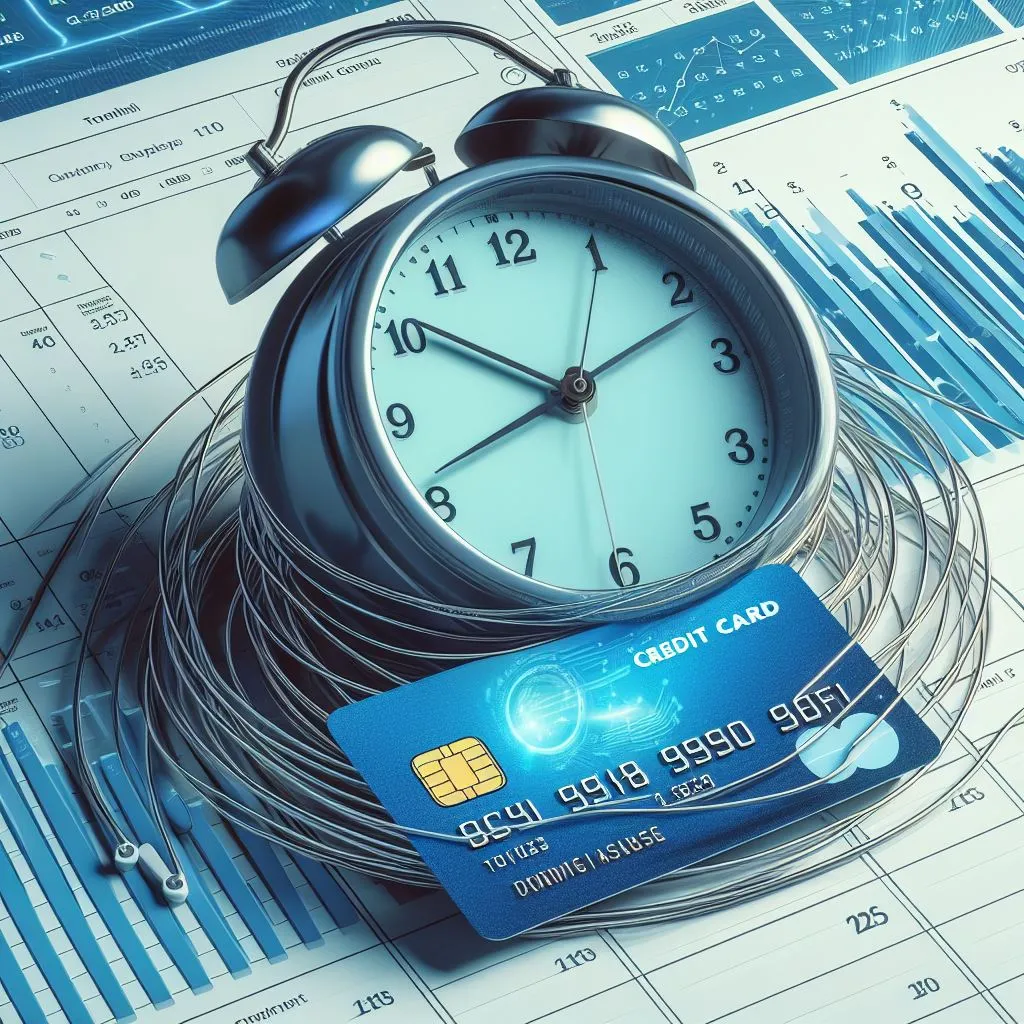
Response Times
The time you apply for a credit card can impact response times significantly. Applying during peak hours may lead to longer wait times for an initial decision. On the other hand, applying during off-peak hours can result in faster responses.
Decision Making
Moreover, the time of day can also influence decision-making. Human reviewers may be more alert and focused during certain hours, which could affect the outcome of borderline applications. Therefore, timing can play a pivotal role in whether your application gets approved or declined.
Best Time of Day to Apply: Morning vs. Evening
Now, let’s dig deeper into comparing applying in the morning and the evening.
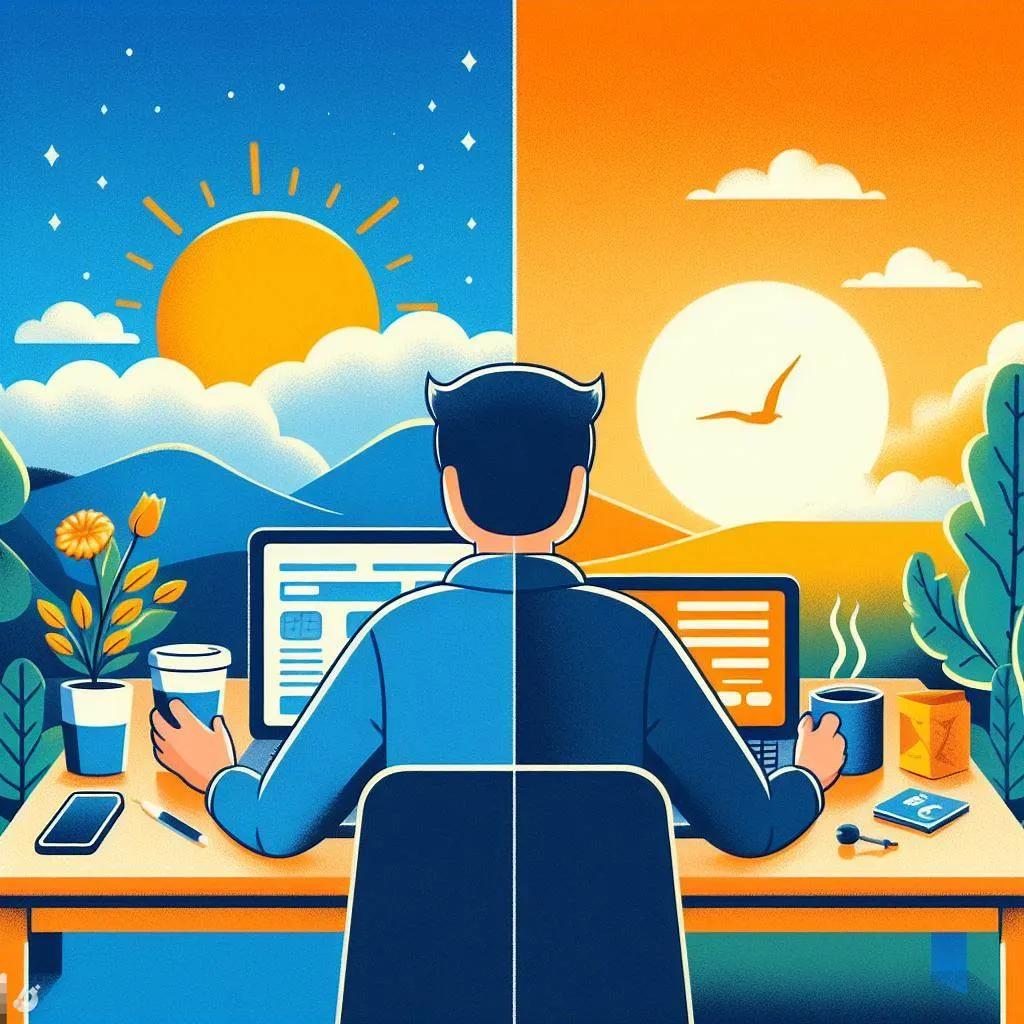
Morning Applications
- Staff Availability: Mornings are typically when most businesses start their workday. Applying during this time means more staff members are available to process your application promptly. This can lead to quicker responses and potentially better outcomes.
- System Updates: Credit card companies often perform system updates early in the morning. While this might seem a drawback, it can also work to your advantage. These updates can make the system less congested, improving the speed of your application’s evaluation.
Evening Applications
- Reduced Competition: Evenings tend to have fewer applicants applying for credit cards. With fewer people in the queue, your application might receive more attention and potentially lead to a higher chance of approval.
- Potential for Delay: However, it’s essential to note that evenings can sometimes lead to delayed responses, especially if your application requires human review. Human reviewers may be less available during off-peak hours, potentially prolonging the decision-making process.
Weekdays vs. Weekends: Does It Matter?
In addition to considering morning versus evening applications, you should also weigh the pros and cons of applying on weekdays versus weekends.
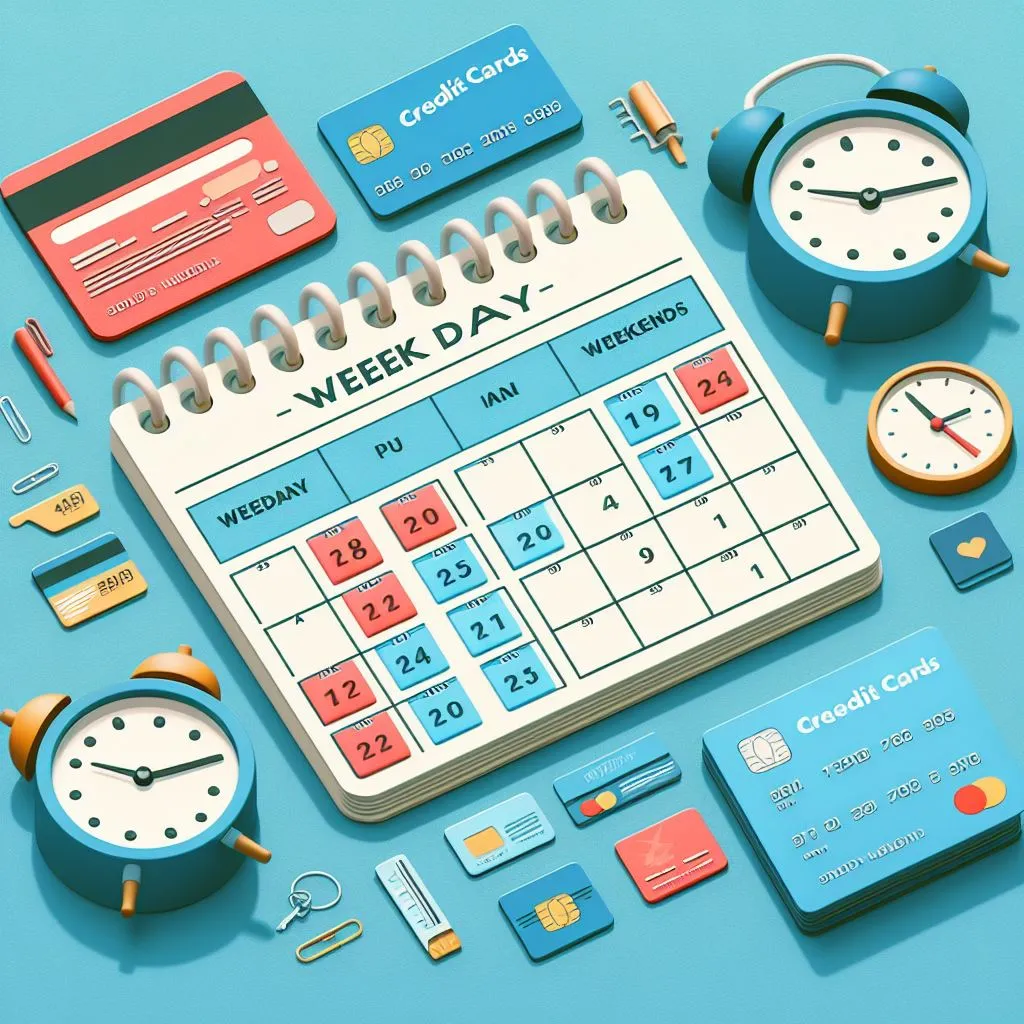
Applying on Weekdays
- Business Hours: Weekdays align with the traditional business hours of most credit card companies. Applying during these times ensures that staff members are fully operational and can process your application efficiently.
- High Volume: On the flip side, weekdays often see a higher volume of credit card applications. This increased demand can sometimes lead to longer response times as staff members juggle multiple applications.
Applying on Weekends
- Reduced Competition: Weekends typically have fewer applicants, similar to evening hours. This reduced competition could potentially work in your favor, resulting in a more thorough evaluation of your application.
- Staff Availability: However, it’s important to remember that weekends may also mean reduced staffing levels. This can lead to slower responses if your application requires human review.
Monthly Breakdown

January – New Year, New Credit
January marks the beginning of a new year, and credit card companies often launch promotions to attract new customers. Look out for special offers and incentives during this month, making it an ideal time to apply for a credit card.
February – Valentine’s Day Deals
February may bring Valentine’s Day deals from credit card issuers, including cashback rewards for dining and shopping. Applying in February can lead to extra perks for your spending habits.
March – Travel Rewards
Spring break and travel planning are in full swing in March. Credit card companies may offer travel rewards and bonuses during this time, making it a great month to apply if you’re a frequent traveler.
April – Tax Season
As the tax deadline approaches, some credit card companies offer rewards for paying taxes with their cards. If you owe taxes, applying for a credit card with a suitable reward program in April can be advantageous.
May – Graduation and Summer Travel
May is often associated with graduation and the start of summer vacation planning. Look for credit card promotions that cater to these events, such as cashback rewards for travel and entertainment expenses.
June – Wedding Season
June is a popular month for weddings, and credit card companies may offer wedding-related rewards and discounts. If you’re planning a wedding or attending one, consider applying for a credit card with relevant benefits.
July – Summer Spending
Summer is in full swing, and credit card companies may introduce promotions for outdoor activities and vacations. Applying in July can help you maximize rewards for your summer spending.
August – Back-to-School Offers
As students prepare to head back to school, credit card companies may provide offers on school supplies, textbooks, and educational expenses. If you have educational expenses coming up, consider applying in August.
September – Fall Travel
Fall travel season begins in September, and credit card companies may offer promotions tailored to travelers. Look for credit cards with travel rewards to make the most of your autumn trips.
October – Holiday Shopping Prep
October is the perfect time to prepare for the upcoming holiday season. Some credit card issuers offer early holiday shopping rewards and discounts. Applying in October can give you a head start on your holiday shopping.
November – Black Friday Deals
November is known for Black Friday, and credit card companies often provide exclusive discounts and cashback offers for shoppers. Applying in November can help you maximize your savings during the holiday shopping frenzy.
December – Year-End Benefits
As the year comes to a close, some credit card issuers offer year-end bonuses and rewards. Applying for a credit card in December can set you up for a rewarding start to the new year.
Remember that these monthly breakdowns are general guidelines, and the availability of promotions may vary among credit card issuers. It’s always advisable to research and compare credit card offers to find the best fit for your financial goals, regardless of the time of year.
Seasonal Considerations in Credit Card Applications
Timing isn’t just about hours and days; it can also be influenced by the season. Some seasonal trends may impact credit card application processing.

Favorable Seasons
Certain months or times of the year might be more favorable for credit card applications. For example, credit card companies may offer special promotions or incentives during holiday seasons, encouraging applicants to apply at specific times for better deals.
Increased Demand
Conversely, credit card companies may experience increased demand during peak travel seasons or shopping holidays. This surge in applications can lead to longer response times, so it’s essential to plan accordingly.
Preparing for Your Application
Now that you understand the timing considerations better, let’s discuss how to prepare for your credit card application.
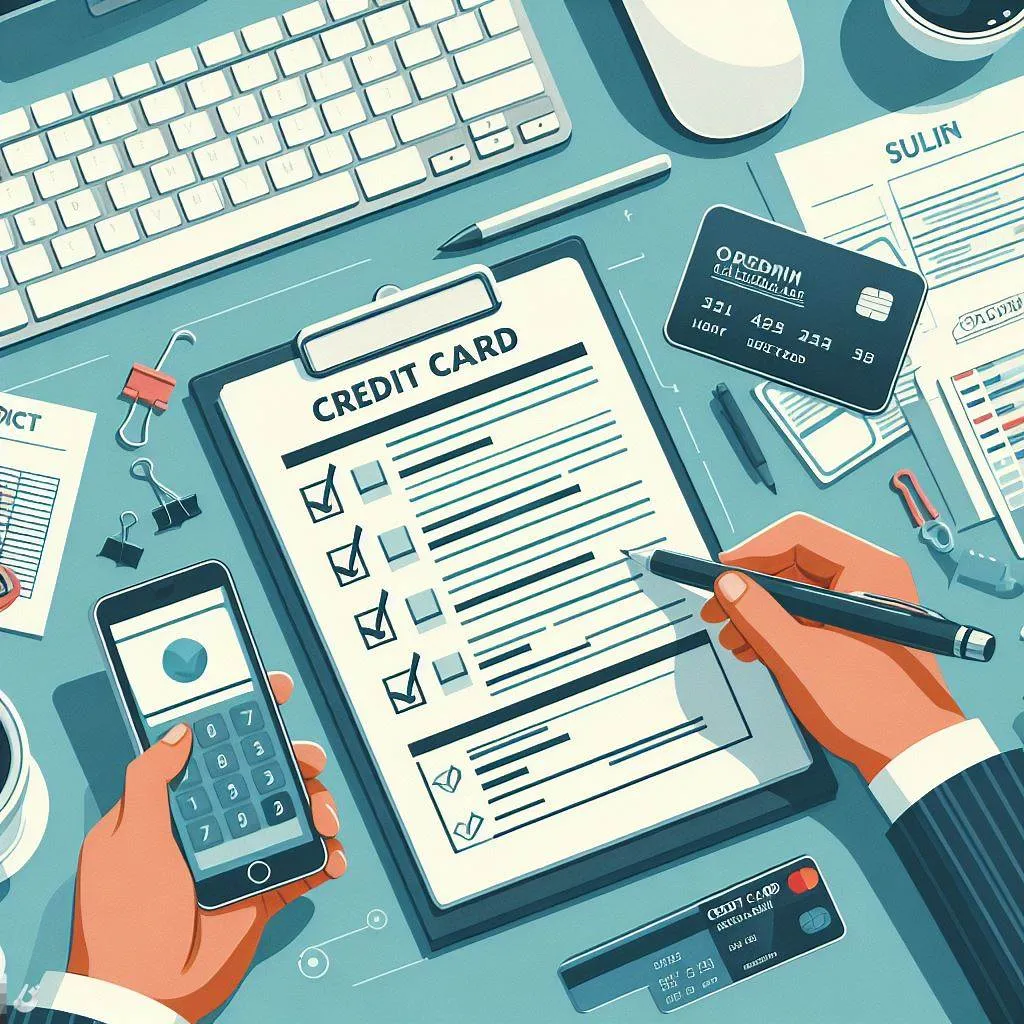
Gathering Necessary Documents
Before applying, ensure you have all the necessary documents and information on hand. This includes proof of income, identification, and any other required documentation. Being well-prepared can expedite the application process.
Smooth Application Process
Double-check your credit report for errors and discrepancies to ensure a smooth application process. Address any outstanding debts or delinquencies that could negatively impact your application. Additionally, consider applying for credit cards that align with your credit score to increase your chances of approval.
Potential Pitfalls to Avoid When Applying
While timing is essential, avoiding common pitfalls during the application process is equally crucial.
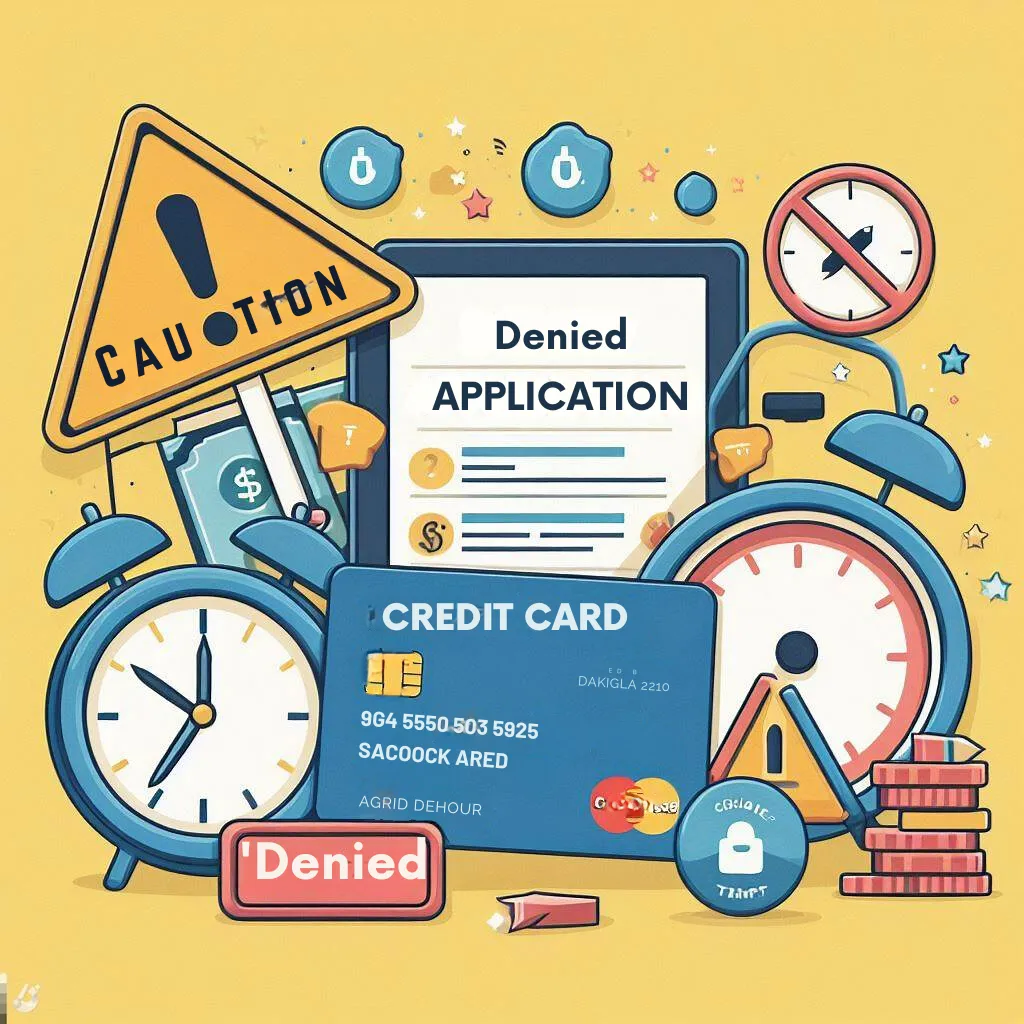
Applying During Maintenance Hours
One timing-related error to avoid is applying during system maintenance hours. Credit card companies often perform maintenance during late-night or early-morning hours. Applying during these times can result in delays and potential technical issues.
Rushed Applications
Another common mistake is rushing through the application process. Take your time to fill out the application accurately, and review all the information before submitting. Rushed applications are more likely to contain errors that could lead to a rejection.
Additional Resources
For further reading on credit card applications and financial planning, consider the following resources:
- Credit Card Application Checklist
- Financial Planning 101
- Choosing the Right Credit Card
If you’re interested in learning about the worst time to apply for a credit card, check out our companion article, “The Worst Time to Apply for a Credit Card.” It provides insights into common mistakes to avoid during your credit card application journey.
Conclusion
In conclusion, understanding the best time of day and month to apply for a credit card is a strategic move that can greatly enhance your chances of approval and maximize the benefits you receive. Whether you opt for morning or evening, weekdays or weekends, or consider seasonal trends, timing matters in the world of credit card applications.
You can confidently navigate the application process by being well-prepared, avoiding common pitfalls, and staying informed about monthly trends. Remember that while timing is essential, choosing a credit card that aligns with your financial needs and goals is equally important.
So, take the time to research, plan, and apply wisely, ensuring you make the most of your credit card journey while securing the best possible deals and rewards.
Frequently Asked Questions (FAQs) About Credit Card Applications
When should you apply for a credit card?
The timing of your credit card application can affect your approval odds. To increase your chances, apply when your credit score is in good shape, your income is stable, and you have a clear purpose for the card.
What is the best day of the week to apply for a credit card?
There isn’t a specific “best” day of the week to apply for a credit card. Focus on factors like your financial stability and the overall timing of your application rather than the day of the week.
Can I apply for 2 credit cards on the same day?
Yes, it’s possible to apply for multiple credit cards on the same day, but it’s essential to consider the impact on your credit score and the credit card issuers’ policies regarding multiple applications.
Can I get my credit card the same day I apply?
Some credit card issuers offer same-day credit card issuance, especially for in-person applications. However, it varies by issuer and may not be available for all types of credit cards.
What is the best way to apply for a credit card?
The best way to apply for a credit card is typically online. It’s convenient and allows you to compare different card offers easily. You can also apply in person at a bank or credit union branch if you prefer a face-to-face experience.
Which bank gives credit cards easily?
Credit card approval criteria vary by bank, but some banks are known for offering credit cards to individuals with lower credit scores or limited credit histories. Explore options from banks like Capital One, Discover, and secured credit card offerings.
Is it faster to apply for a credit card online?
Yes, applying for a credit card online is usually faster than applying through traditional methods like mail. Online applications are processed quickly, and you can often receive an instant decision.
How many times can you apply for a credit card in one day?
There’s no set limit to how many times you can apply for a credit card in one day. However, keep in mind that multiple credit card applications in a short period can negatively impact your credit score.
How many days is a credit card free?
The “free” period for a credit card, known as the grace period, typically lasts between 21 and 25 days from the end of the billing cycle. During this period, you can avoid interest charges on new purchases if you pay your statement balance in full.
How to increase credit score?
Improving your credit score involves managing credit responsibly. Pay bills on time, keep credit card balances low, avoid opening too many new accounts, and monitor your credit report for errors.
How many inquiries are bad?
Having multiple hard inquiries on your credit report in a short period can lower your credit score. While one or two inquiries may not have a significant impact, it’s essential to be mindful of how frequently you apply for credit.
Is 4 inquiries bad?
Four inquiries can have a negative impact on your credit score, especially if they occur within a short timeframe. Lenders may view multiple recent inquiries as a sign of increased risk.
Can I get a credit card without income?
While having a stable income is often a requirement for credit card approval, some issuers offer secured credit cards that may not have strict income requirements. Secured cards require a security deposit, which serves as collateral.
Which bank gives a credit card without income proof?
Secured credit cards are typically more accessible for individuals without income proof since they require a security deposit. Some banks and credit unions offer secured cards, and examples include Capital One, Wells Fargo, and Discover.
